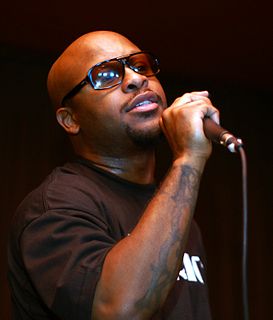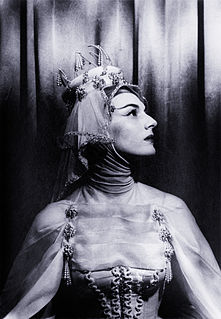A Quote by Gerry Cinnamon
I know people talk about belief. I've never, still don't, have a lot of believe in myself. I know on the night I can do it but I've never had a strong belief.
Related Quotes
Belief is in ignorance. If you know, you know. And it is good that if you don’t know, know that you don’t know — the belief can deceive you. The belief can create an atmosphere in your mind, where, without knowing, you start thinking that you know. Belief is not trust, and the more strongly you say that you believe totally, the more you are afraid of the doubt within you.
As belief shrinks from the world, it is more necessary than ever that someone believe. Wild-eyed men in caves. Nuns in black. Monks who do not speak. We are left to believe. Fools, children. Those who have abandoned belief must still believe in us. They are sure they are right not to believe but they know belief must not fade completely. Hell is when no one believes.
Until the content of a belief is made clear, the appeal to accept the belief on faith is beside the point, for one would not know what one has accepted. The request for the meaning of a religious belief is logically prior to the question of accepting that belief on faith or to the question of whether that belief constitutes knowledge.
Religion becomes a matter of belief, and belief acts as a limitation on the mind; and the mind then is never free. But it is only in freedom that you can find out what is true, what is God, not through any belief; because your belief projects what you think God ought to be, what you think ought to be true. If you believe God is love, God is good, God is this or that, your very belief prevents you from understanding what is God, what is true.
Belief is in a sense passive, an agreement or acceptance only; faith is active and positive, embracing such reliance and confidence as will lead to works. Faith in Christ comprises belief in Him, combined with trust in Him. One cannot have faith without belief; yet he may believe and still lack faith. Faith is vivified, vitalized, living belief.
Some people never know that they happen, some people never know that they had a shot to know whatever it is their dream is because they were in the wrong mental spot. But if you believe in God, or you believe in some higher power, or something... because if you think about it, our brains are only meant to fathom what we see.
What held people together was the belief that you're really going to change the world. I think that's the nature of many startups. You believe that what you are doing is going to have a dramatic impact. You might not exactly know how, but you really have a belief. That keeps you going and going through many changes and a lot of uncertainty.
By the age of fifteen, I had convinced myself that nobody could give a reasonable explanation of what he meant by the word 'God' and that it was therefore as meaningless to assert a belief as to assert a disbelief in God. Though this, in a general way, has remained my position ever since, I have always avoided unnecessarily to offend other people holding religious belief by displaying my lack of such belief, or even stating my lack of belief, if I was not challenged.
I think that things like curses or whatever - those labels - come from belief systems, universal belief systems. So when you get a global consciousness of something, then that becomes a quote-unquote "truth" for everybody. You know, "This is what happens in the Kennedy family." "This is what happens with the Hemingways." And the more people believe in it, the more it kind of resuscitates the problem; it keeps bringing life to this idea that a curse exists that you can never get out from under.



































